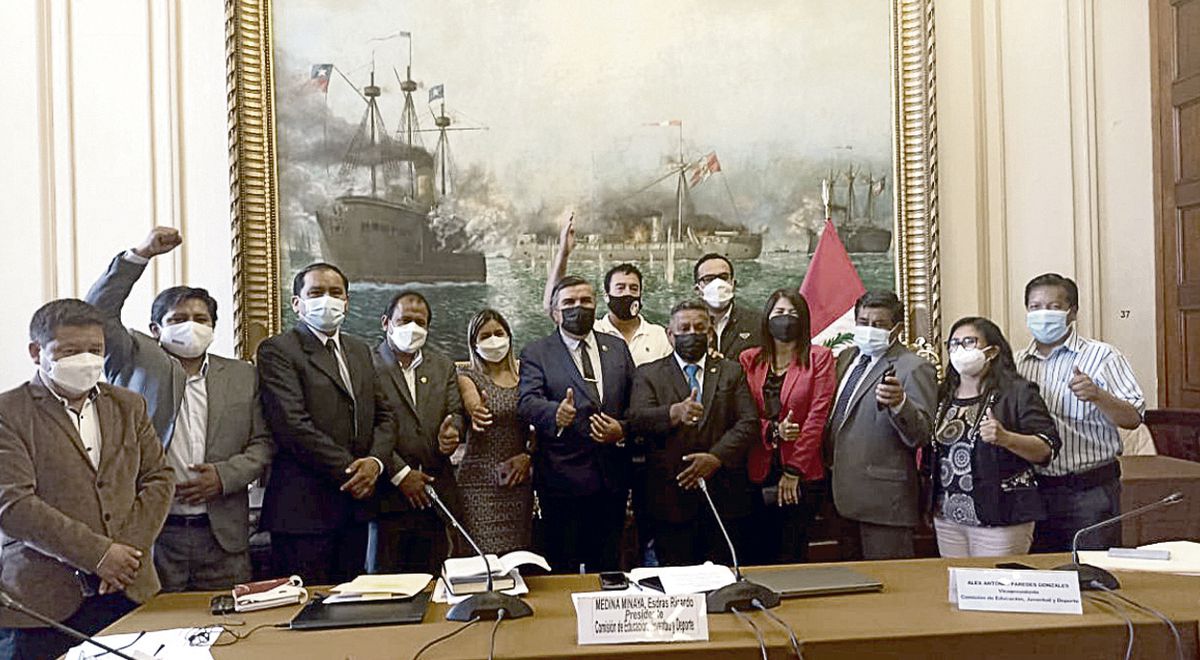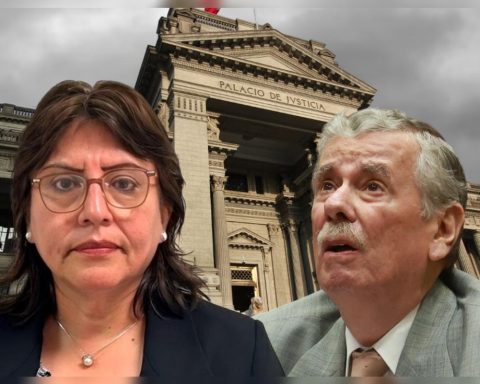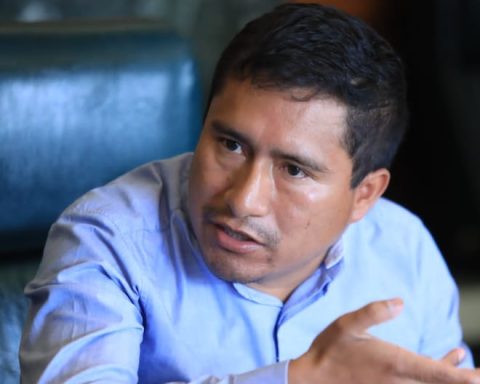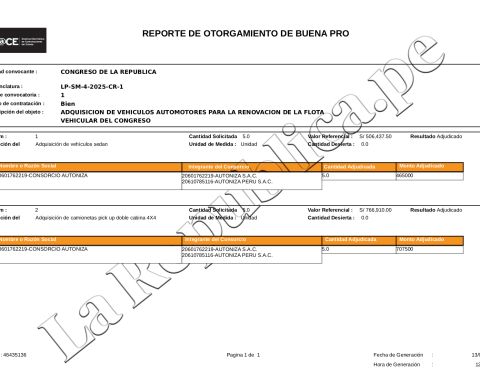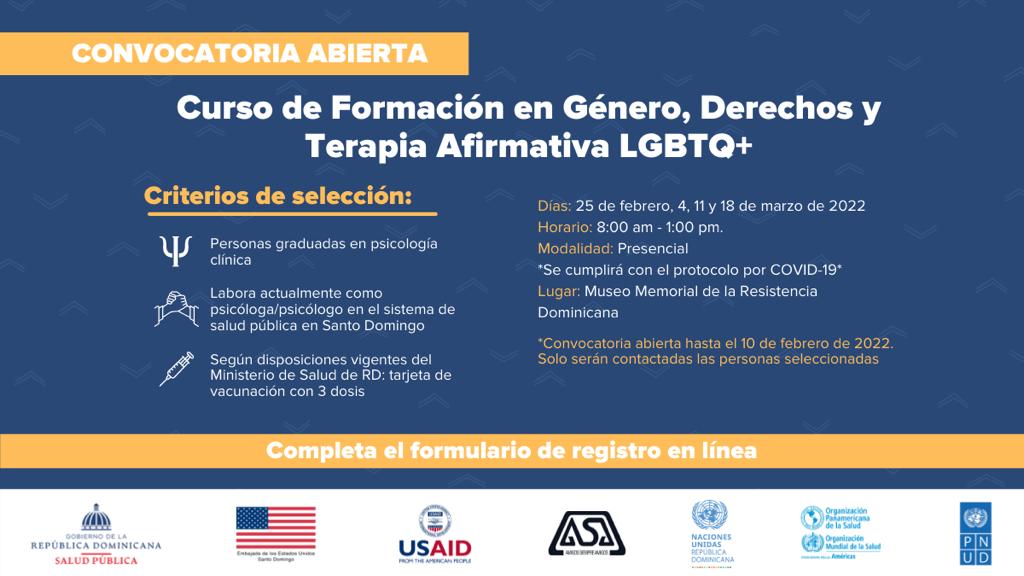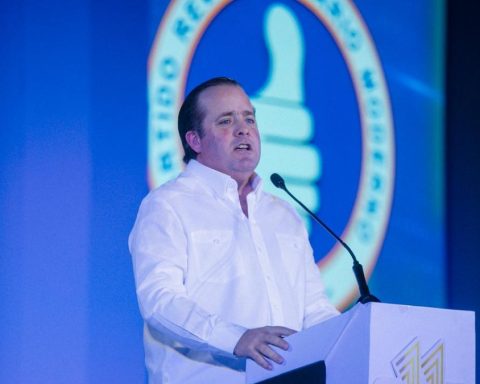While the country was waiting for the conformation of the new ministerial cabinet and the match of the Peruvian national team, the plenary session of Congress carried out one of the biggest blows to university reform in the last seven years. This is the approval, in the first vote, of the opinion that weakens the supervisory role of the Suneduincorporates in its board of directors representatives elected by the same universities and even takes away the power to license careers and faculties.
The bill “that restores university autonomy” received 69 votes in favor, 39 against and two abstentions. He had the block support of Renovación Popular, Fuerza Popular, almost the entire caucus of Perú Libre and the majority of Acción Popular, Avanza País, Somos Perú and Podemos Perú.
YOU CAN SEE: Congress hits university reform and Sunedu: latest news and reactions from authorities
After 1 pm a debate started loaded with imprecise arguments, criticism of the closure of denied universities and even accusations about an apparent “ideological immersion” of the students. Three preliminary questions, two substitute texts and one reconsideration were raised, but nothing prospered.
The President of the Education Commission, Ezra Medina (RP), who is also one of the authors of the opinion, reaffirmed that one of the changes to the University Law will be the reconformation of the board of directors of the Sunedu. This will have two representatives from public universities and one from private, whose election will be convened by the rectors of the oldest (San Marcos and PUCP).
YOU CAN SEE: Martín Benavides: “I am concerned about the attempt to roll back the university reform”
This figure is similar to that of the extinct National Assembly of Rectors (ANR); which has been rejected even by international bodies such as the unesco. ”The supervisees cannot choose their supervisors. It doesn’t happen in any country in Latin America.” points out.
Despite this, medina He insisted that this will give it “autonomy and plurality” before the governments in power, because “the board of directors is chosen by the Ministry of Education (Minedu)”. However, what it actually says University Law is that they are chosen by public contest.
They will join the five representatives of the Concytec, Sineace, the Minedu and the National Council of Deans of the Professional Colleges of Peru. The seven members, in total, will elect the superintendent.
With this opinion, the leading role of Minedu in quality assurance is also eliminated and it is ordered that the Sunedu only license to universities and affiliates: You will no longer be able to do it in faculties, schools or careers, as is already the case with Medicine.
For and against
The so-called counter-reform received the support of legislators such as Waldemar Cerrón, Guido Bellido, Álex Paredes and Edgar Tello, from Peru Libre. The last two have studied at denied universities. “Is closing universities and harming students a reform or is it favoring the consulting business?” said Tello, who added that the ruling of the Constitutional Court (TC), which affirms that Sunedu does not violate autonomy, “does not prevent changing the law.”
At the other extreme, Renovación Popular and Fuerza Popular supported as a block. There was also support from Avanza País, where John Burgos He said that from Sunedu an “ideological penetration” is intended, as happened with the mobilizations against Manuel Merino. Meanwhile, in Podemos Peru who voted in favor was José Luna Gálvez, owner of Telesup, the best known case of universities with denied licensing.
There were also legislators such as Jorge Marticorena (PL), who rejected the opinion and presented three previous questions so that it could return to the Education and Constitution commissions so that they could be discussed in depth.
YOU CAN SEE: Congress: Podemos Peru breaks commitment not to interfere in Sunedu issues
In addition, two substitute texts were presented so that the election of the board of directors is with the universal vote of teachers and students, as well as the discharge reach the races, but Medina refused to incorporate them. In the end, 69 members of Congress voted in favor. Flor Pablo requested reconsideration, but it was not approved. In seven days the second vote will be given.
Action before the TC
After the debate, the block in favor of the reform announced that it is preparing an action of unconstitutionality before the TC, with the support of 39 legislators. “Universities do have autonomy, but that cannot be autarky. Those elected will carry the interests of those represented. They want to change Sunedu to give a second chance”, said Pablo.
On the other hand, legislators from Renovación Popular, Fuerza Popular, Perú Libre and the rector of San Marcos, Jeri Ramón, came together to celebrate the future changes in Sunedu.
Institutions reject this initiative
Unesco, the Ombudsman and a group of universities rejected the proposal and said that Sunedu does not violate university autonomy, as confirmed by the Constitutional Court. “All licensing systems in the region are similar to the one the country has today, with experts who come from university life, but are not chosen by the rectors,” said Martín Vegas. The Ombudsman reiterated that it is essential that an independent and impartial body supervise the service. “Reform must not go backwards.” At least 16 licensed universities have lamented this blow to university reform.
The Minedu must clarify its position and observe it
By Ricardo Cuenca, former Minister of Education
The approval of this bill has made it clear that private interests remain above national interests. The 69 congressmen who voted in favor have been a channel for the interests of others, and that is a precarious way of doing politics.
There is no reason to speak of the violation of university autonomy. It’s only weakening Sunedu and the great message that is being left for families and young people is that the State no longer has all the tools to ensure that what is on the market educational It has basic quality conditions.
YOU CAN SEE: Minister of Education: “There are great interests that seek to destroy the university reform”
Now the Minister of Education (Rosendo Serna) it has to make its position transparent regarding the counter-reform. And if he and the president (Pedro Castillo) pay attention to the Minedu technical reports, they should observe the initiative. And if they don’t, it will be clear where they stand. The case must go to the TC, there they will say that autonomy is not violated.
